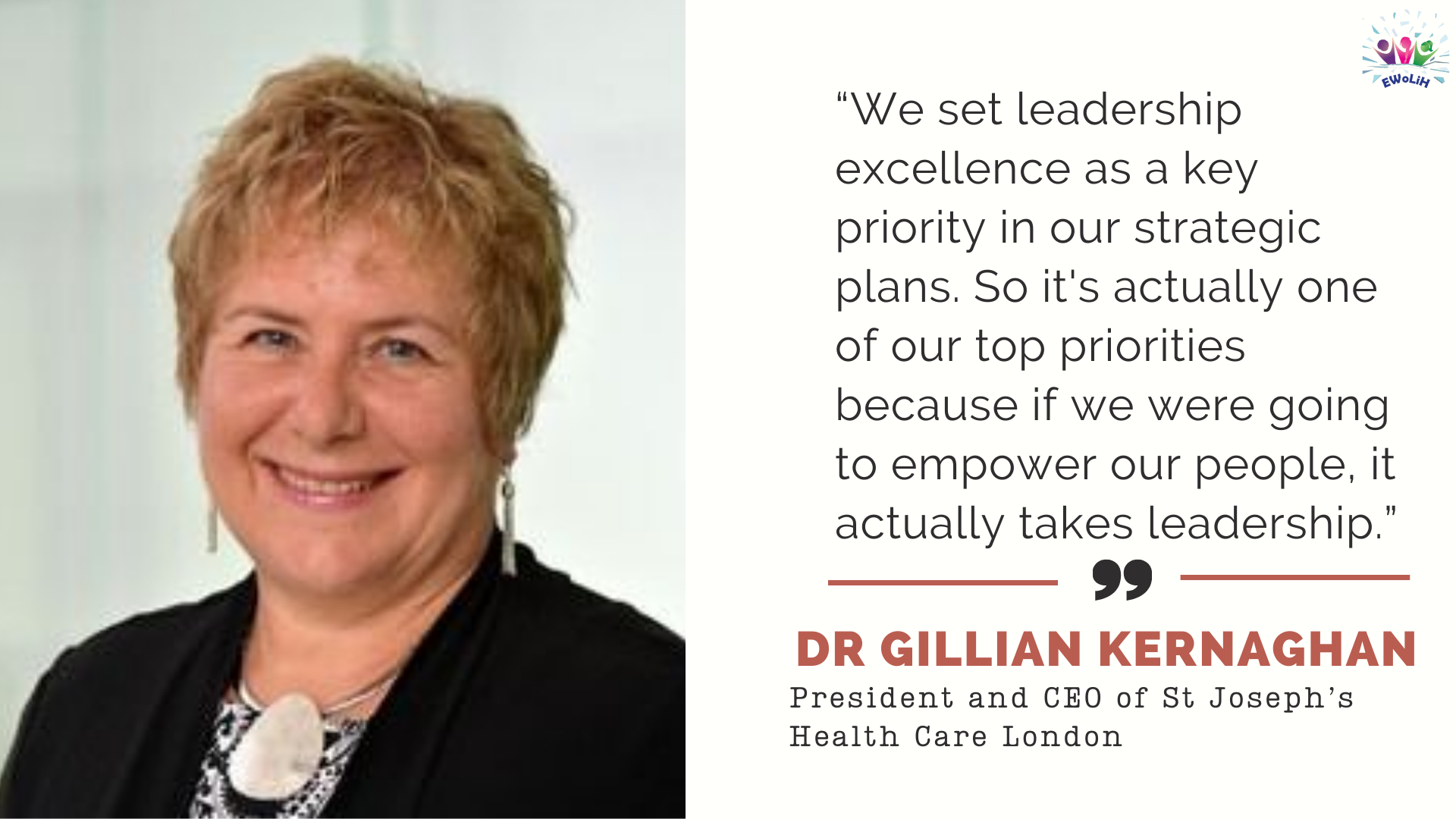
Collaborative Leaders
Purposefully Build Partnerships and Networks to create EDI results
Demonstrate a Commitment to coalitions among diverse groups and perspectives aimed at learning to improve service
Need to make an effort to bring people up
Mobilize Knowledge
Navigate Socio-Political Environments
Need to bring people with different levels of power
Developing EDI-Informed Coalitions
Ivy Lynn Bourgeault, University of Ottawa & Canadian Health Workforce Network
Just as EDI considerations inform leadership capabilities within one’s discipline, group or organization, it also translates to the development of coalitions with others, the fourth D in the LEADS Framework. Collaborative leaders develop coalitions to create EDI awareness and achieve EDI goals within and across disciplines, groups and organizations. Partnerships are purposively built to create these EDI results with notable time and attention paid to create ongoing relationships of trust. This may involve coming to terms with broken trust from past interactions, a key lesson from the Truth and Reconciliation Commission Calls to Action. Collaborative leaders demonstrate a commitment to coalitions with diverse groups and perspectives aimed at learning how to improve service accessibility and cultural safety and acceptability. EDI knowledge within and across organizations is mobilized towards those ends. A purposeful effort to bring people with different voices, experiences, and forms of power to the table and mentoring up, within and across organizations helps to navigate complex socio-political and cultural environments.













